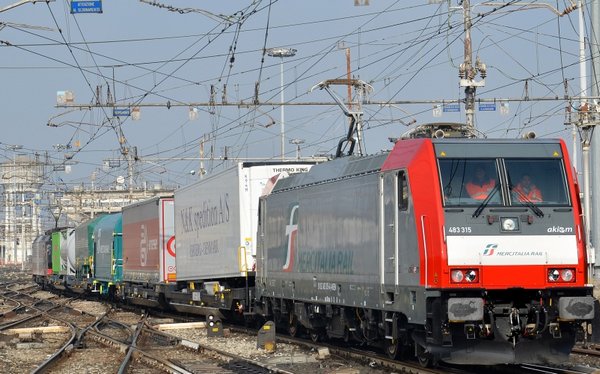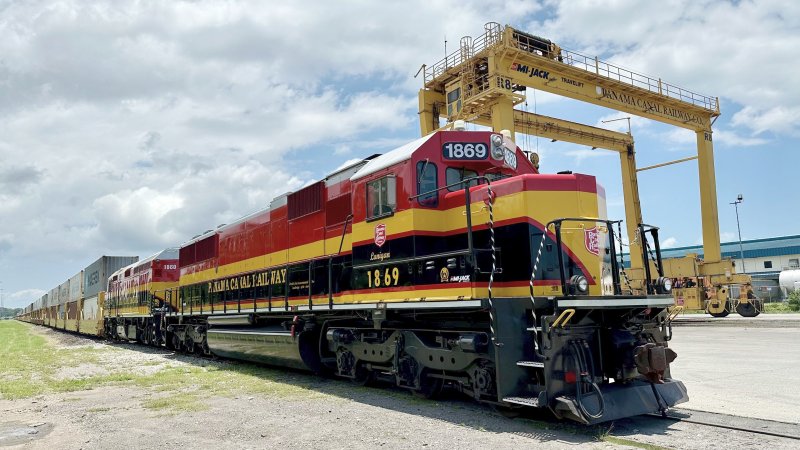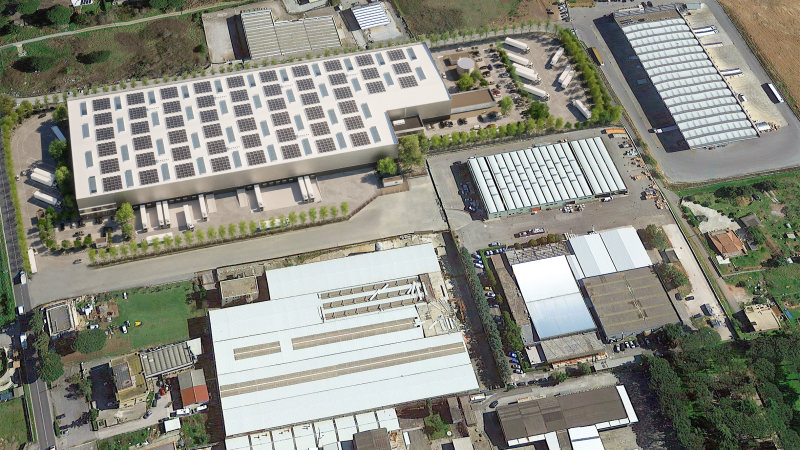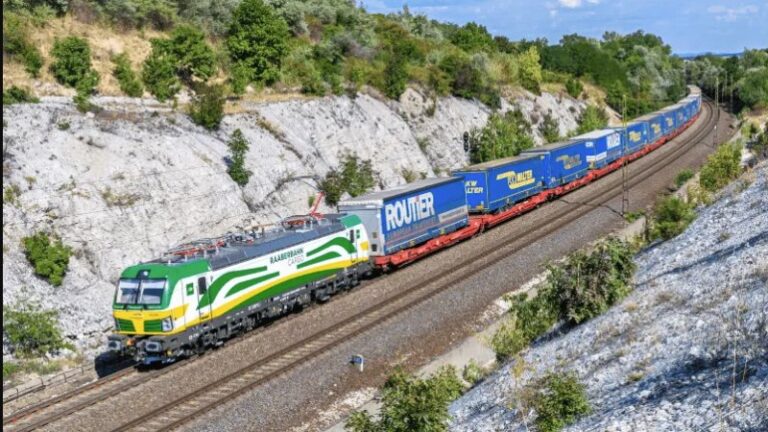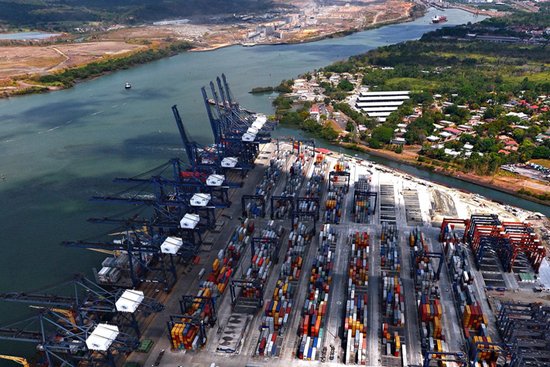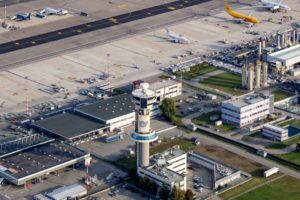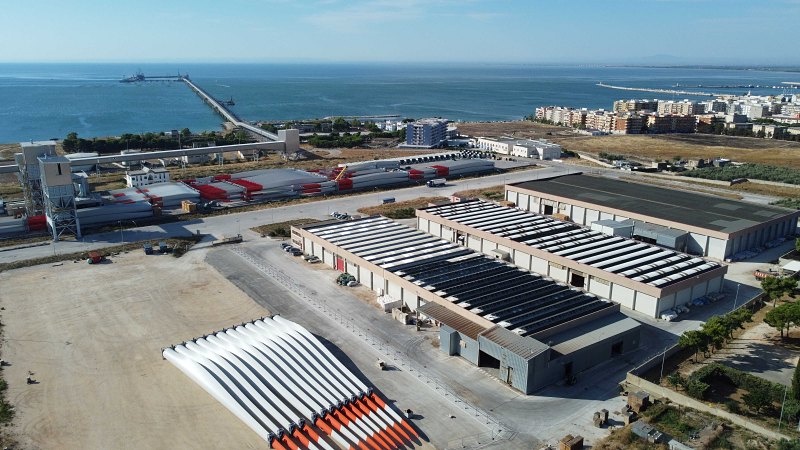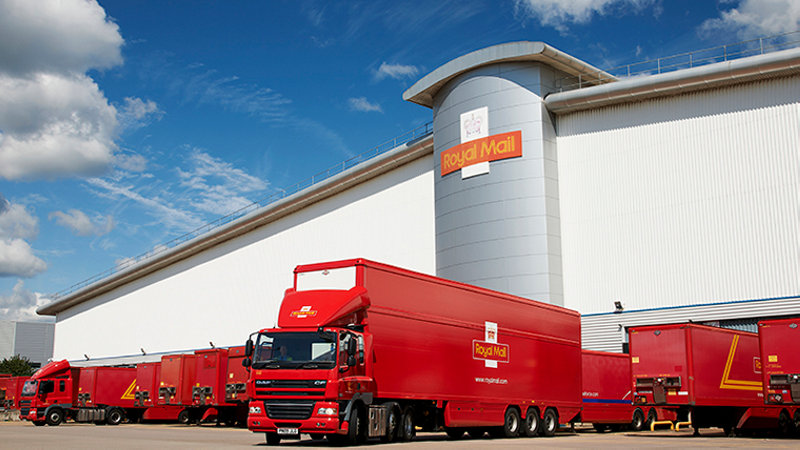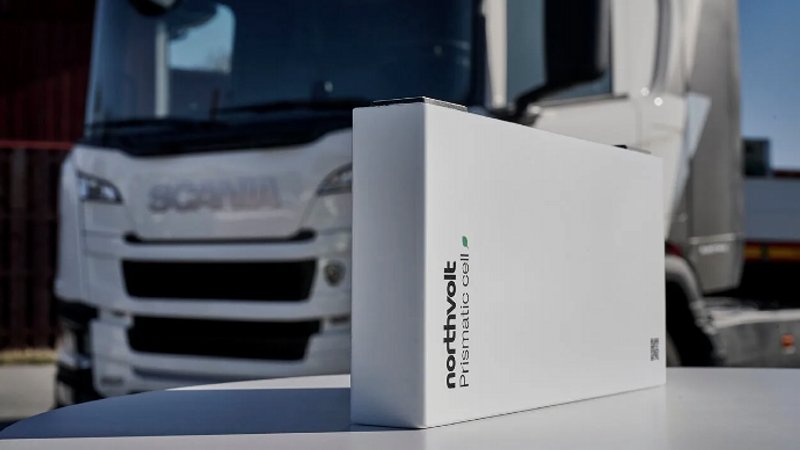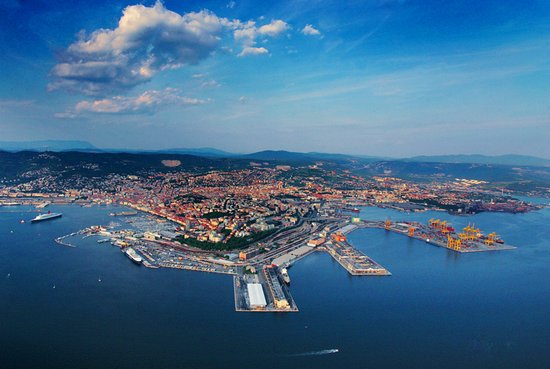Waberer’s International is strengthening its operations in combined road-rail transport by securing control of the Hungarian railway company Gysev Cargo. The move, announced at the end of December 2024, sees Waberer’s International acquire a 62.5% stake in Gysev Cargo, Hungary’s second-largest rail transport operator. The transaction is expected to close in the first half of 2025, subject to the fulfilment of contractual conditions. As part of the agreement, Waberer’s plans to inject approximately €4.85 million (equivalent to 2 billion Hungarian forints) into Gysev Cargo’s capital to bolster its rail logistics infrastructure.
In 2023, Gysev Cargo reported revenues of €69 million, an EBIT of €1.45 million, and a net profit of €1.32 million. The company operates the container terminal in Sopron, located in western Hungary, and will also oversee a new intermodal terminal under construction in Debrecen-Macs. This new facility is set to become a critical asset along the East-Middle East corridor. Additionally, through its Austrian subsidiary Raaberbahn Cargo, Gysev Cargo operates in Austria, and with Waberer’s entry into the Romanian market, the company is extending its footprint across Hungary, Austria, and Romania.
The acquisition of Gysev Cargo is expected to deliver a range of strategic and operational benefits to Waberer’s. Firstly, it will consolidate the Hungarian rail market, reinforcing Gysev Cargo’s position as the country’s second-largest rail operator. Secondly, it enables regional expansion by integrating Waberer’s network in Romania with Raaberbahn Cargo’s operations in Austria. Lastly, it promises infrastructure enhancements supported by the planned €4.85 million investment.
This transition comes at a challenging time for the Hungarian rail sector, which experienced a 3.9% contraction between 2019 and 2024. The deal has the potential to stabilise the market and unlock new development opportunities. However, the Hungarian rail sector still faces significant challenges, including managing increasing rail traffic and addressing necessary upgrades to existing infrastructure.



